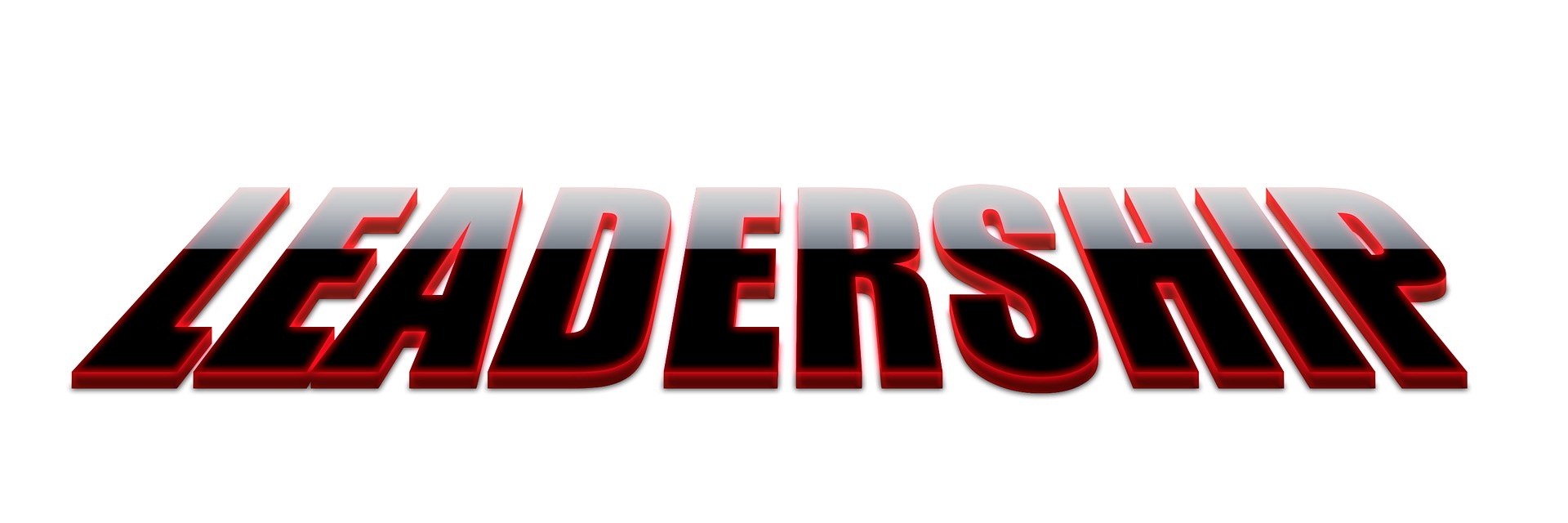
By Linda Fisher Thornton
Go Into the New Year With Answers
The ten numbered posts below answer ten tricky ethics questions. There is a short excerpt of each post under the link as a preview. See if these posts answer your burning questions about ethics and leadership.
1 What is the Ultimate Goal of Leadership?
“The question is not “Which one of these perspectives is right?” because they are all important ways of thinking about the goal of leadership. They are part of a bigger view that incorporates many dimensions of leadership responsibility. The question is “How can we honor all of them?”
2 What Does it Mean to Take Responsibility in Leadership?
“These surveys reflect increasing expectations for business leaders – the expectations that we take responsibility well beyond managing our own Profits, to also improve life for People, support the success of Communities and protect the Planet. Profits and Corporate Social Responsibility are no longer seen as mutually exclusive ideals.”
3 Why Do People Often Disagree About The Right Thing To Do?
“Why is it so difficult to agree on the right thing to do? One of the reasons we may not agree is that each of us may be using a different definition of what is “good.” Here are 7 different interpretations of what is ethically good, based on the framework in 7 Lenses“
4 What is an Ethical Workplace?
“Grounding our work in values is critically important but it’s not enough. There’s much more to being ready for the future of leadership than just staying aligned with positive values. This week I’m sharing a graphic about 5 other variables that need to be in place to build a positive ethical culture – the proper time orientation, focus, response, level and complexity.“
5 What is Integrity?
“Following this definition, integrity is the alignment of our thoughts, actions and words with our personal values. The tricky thing about integrity in organizations is that integrity is partly internal (what we think) and partly external (what we say and do).”
6 What is Conscious Capitalism?
“Conscious capitalism involves thinking beyond self-interests, demonstrating care for stakeholders at the global level, using a long-term time orientation and seeing the company’s role in the world through a systems view.”
7 What is the Greater Good?
“Many people refer to the “greater good” as an important part of leading ethically, and use different words to describe it. The descriptions they use collectively paint a picture of a responsibility to think beyond ourselves and to work for a better, inclusive society.”
8 What is Authentic Leadership?
“I believe that the following 14 personal, interpersonal and societal dimensions together form what we think of as authenticity. They involve overcoming the internal and external barriers to living an intentional, aware and ethical life.”
“As you review these reader favorites, think about how you will adapt to changing ethical leadership expectations.”
As you plan for a successful year, keep in mind that ethics is a hot topic for consumers. How well you understand and apply ethical business leadership will have a strong bearing on your success.

Click the cover to read a free preview!
©2020 Leading in Context LLC

I enjoyed the post.
it reminded me of M.L. Kings quote, a genuine leader is not a searcher for consensus, but a molder of consensus, And John Maxwell too, Leadership is integrity.
Knowing the greater good still needs good execution and that’s where leadership happens. 🙂
LikeLike
Cam, I appreciate you giving us some context for this post! Thank you for your feedback and insights.
LikeLike
Linda:
I found this list of questions so timely and in line with my research. LaRue Hosmer’s excellent book, The Ethics of Management, confirms the complexity of so many different ethical perspectives — along with two articles that he wrote in 1994 and 1995 that describe ten different ethical perspectives that each have a rational philosophical foundation.
NOVA Publishing has just asked me to edit a new book, Business Ethics: Perspectives, Management, and Issues. Perhaps your readers may be interested in the issues you address enough to submit a chapter to that book and to continue the dialogue about your excellent topic.
“Transformative Leadership” is an ethical leadership model that integrates six various ethically-related leadership perspectives and “Transformative Ethics” incorporates twelve other ethical perspectives — including all ten of the perspectives in Hosmer’s work and two more as well.
Thanks again for your superb contribution to the research about ethics and leadership, which James McGregor Burns described as much like two sides of the same coin.
Cam Caldwell
LikeLike